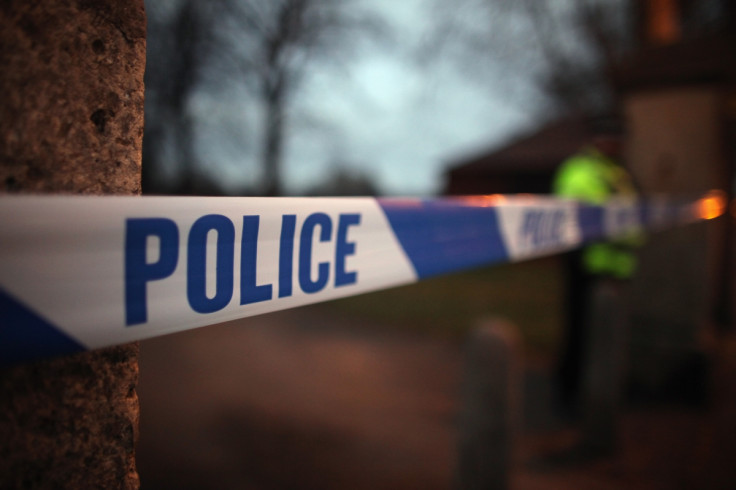Innocent people will be convicted due to low quality police forensics warns regulator
Government regulator Gillian Tully says miscarriages of justice are inevitable.

British police forces are using forensics firms that do meet official standards and so criminals could escape justice and innocent people be jailed, a regulator has warned.
In her annual report, the government's forensic regulator Gillian Tully said outsourcing forensic work to non accredited laboratories meant that some forensic evidence simply did not pass muster.
Independent companies have been competing for business since the end of the Forensic Science Service in 2012.
But a lack of oversight and the outsourcing of digital forensics casework to low-cost labs could mean miscarriages of justice, she said.
"If you're not finding indecent images of children on someone's phone when you should be, that's a miscarriage of justice as much as if someone was wrongly convicted of a crime," Tully told the Guardian.
Tully has called for the government to give her office statutory powers to ban poor providers.
"One or two police forces are dragging their heels and certainly not moving on at the rate I would expect...The more pressure you put on people, the less time they have to spend on their actual work, the more you raise the risk of errors," she said.
A Home Office spokesperson said it was committed to putting the Forensic Science Regulator on a statutory footing with robust enforcement powers as soon as possible.
"We are clear that organisations providing forensic services to the criminal justice system need to abide by the regulator's code of practice."
The National Police Chiefs' Council lead for forensics, Chief Constable Debbie Simpson, said: "Chief constables are being forced to make difficult decisions about how they utilise their limited resources, but we remain completely committed to meeting the requirements of accreditation and further improving confidence in the criminal justice system."




















